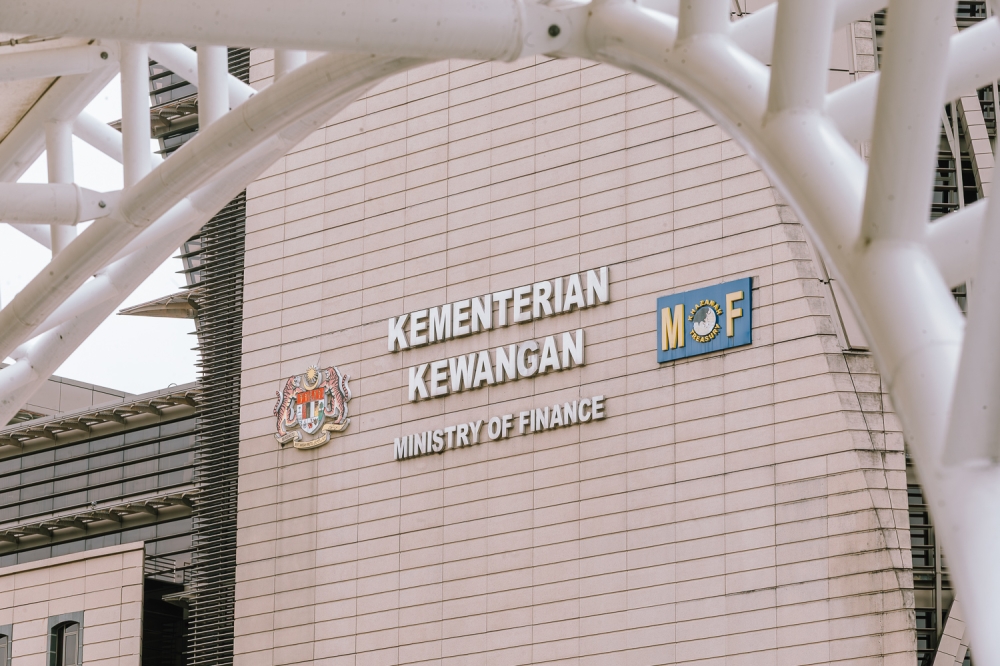JUNE 20 ― Parts 1 and 2 identified that the majority of Malaysian Muslims identify themselves as Muslims first, and prefer that Malaysia become an Islamic state.
Part 3 identified that the current leader of Malaysia and all other potential leaders consider Malaysia an Islamic state or have designs for Malaysia to become an Islamic state.
Part 4 highlighted the fact that current scholarship on Malaysia is not definitive on the status of Malaysia as either a secular state, an Islamic state or something else.
One reason for the ambiguity is that there is no clarity on what a secular state is or what an Islamic state is. Gerhard Hoffstaedter’s (2013), “Secular state, religious lives: Islam and the state in Malaysia“, provides a nice summary of the challenges in defining the two concepts.
I propose, with much simplification, the following approach to differentiate conceptually, a secular state and an Islamic state.
Charles Taylor’s chapter, “Why we need a radical redefinition of secularism” in The Power of Religion in the Public Sphere provides a simple and clear set of operating principles (and I quote generously from this chapter) to define what a secular state is.
The secular state has a “principled distance” from religion. The state cannot be officially linked to some religious confession, except in a vestigial and largely symbolic sense. Critical to this principles distance are the following principles:
― no one must be forced in the domain of religion or basic belief;
― there must be equality between people of different faiths or basic belief;
― no religious outlook or (a-religious outlook) Weltanschauung can enjoy a privileged status, let alone be adopted as the official view of the state;
― all spiritual families must be heard and included in the ongoing process of determining what the society is about (its political identity), and how it is going to realize these goals (the rights and privileges)
Charles Taylor’s key point, in my opinion, is that secularism is not about the relation between state and religion, but rather the response of the democratic state to diversity.
The Islamic state has the converse approach. The state and the religion (Islam) are one. That relationship then determines the following:
― Interpretations of Islam (based on the interpretations of the Quran, the life of Prophet Mohammed pbuh, and the expertise of Islamic scholars) determine if any individual or group is forced in the domain of religious or basic belief;
― There is no equality between people of different faiths or basic beliefs as Islam (or an interpretation of Islam) is the religion of the state;
― Islamic outlook (or an interpretation of Islam) is the Weltanschauung, and enjoys a privileged view, and is the official view of the state; and
― (An interpretation of) Islam determines the process of determining what the society is about (its political identity), and how it is going to realise these goals (the rights and privileges)
I would like to make an important point here. It is not my intention to suggest that Muslims or non-Muslims would be worse off under an Islamic state or to compare the performance or social outcomes of a secular state vis-à-vis an Islamic state.
It may very well be that an Islamic state can deliver better social, economic and political outcomes than a secular state.
The primary objective of the above conceptualisation (using Charles Taylor’s ideas) is simply to provide a way to differentiate or identify the primary difference between a secular state and an Islamic state.
Based on this conceptualisation, do you think Malaysia is a secular state or an Islamic state?
* This is the personal opinion of the columnist.






















